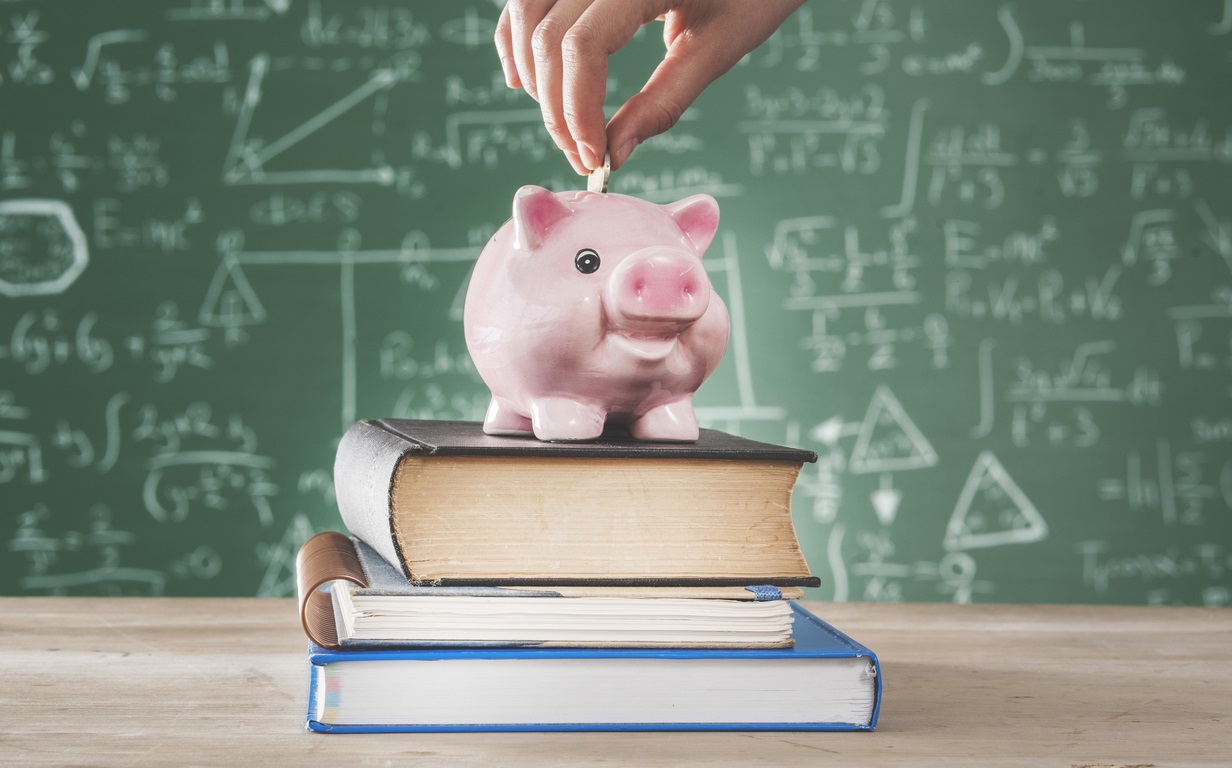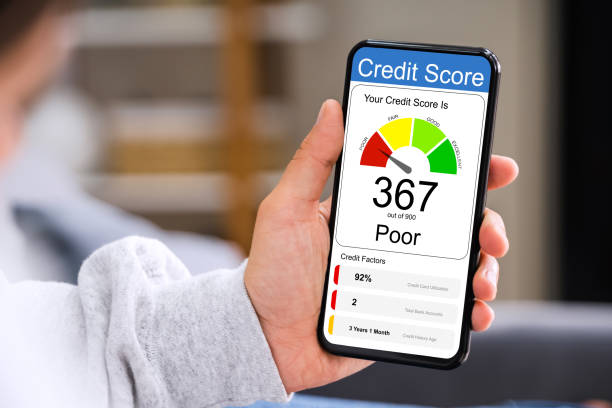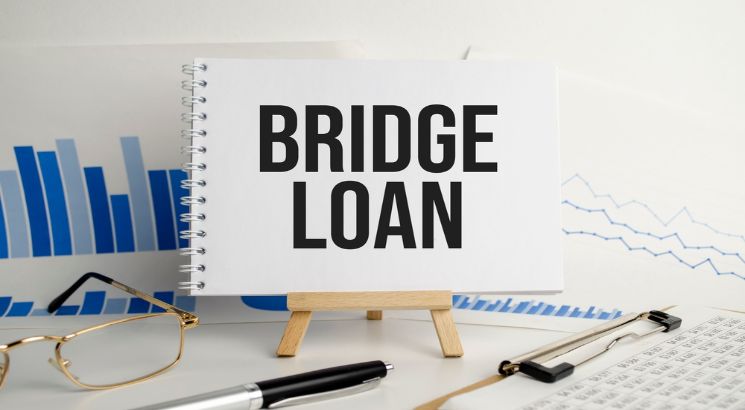
School is very important for the growth and development of kids. It teaches kids about maths, language, science, and society. It incorporates the value of friendship and several other social skills.
Undoubtedly, our education system is one of the best in the world, yet it can’t be called perfect. In fact, it is far from being perfect. There are many things taught in school that have no real use, and there are many vital things like finance that are not taught in school.
For instance, if you ask a high school kid, “what is a loan?” he might not be able to answer this with clarity, although his father has taken out instant payday loans online with guaranteed approval.
I didn’t know much about these things, although I had heard these words on television and people talking. I realised the value of finance knowledge only after I joined my first job.
Lack of Finance Education in School
Personal finance and management are not taught in most UK schools since it is not part of the government-mandated national curriculum yet. Lack of finance and related information favours predatory operators and negatively affects the public.
Most kids in the United Kingdom learn about these from parents and other family members. In addition, it largely depends on the financial knowledge of family members, and the present scenario dictates that most adults are still learning about finance.
One might claim that financial literacy has been added as a part of the National Curriculum since 2014. Still, these are not independent subjects with proper focus; hence, they do not help kids much.
A large proportion of pupils needs to learn more financial instruction at school. Many college students get student guarantor loans at a very high-interest rate and end up in debt at a very young age.
Credit cards, savings accounts, mortgages, taxes, interest rates, and pensions are among the financial things which come under essentials, and kids need to learn more about them.
In my opinion, the following things require the most attention at a very young age to become a financially independent and responsible citizen. Continue to read and observe if you agree with me.
Learning About Doing Taxes
HMRC (Her Majesty’s Revenue and Customs) collects income tax on behalf of the UK government. The tax amount is used to assist in the provision of funds for public services like NHS, education, the welfare system, and public projects such as roads, rail, and housing.
Most UK schools focus more on developing core skills that will benefit them throughout their lives, and financial education is clearly not considered one of those. In the modern capitalistic world, tax rules and standards are changing rapidly and require information and explanation for better understanding.
Everyone must learn how to prepare taxes on their own. Although there is plenty of computer software, learning without the assistance of a computer application can give a real understanding.
If one relies on tax software, they will not understand minor details of tax law and the flow of a tax return. In addition, this software is not one hundred percent reliable. Only by manually going through the tax calculation process can one learn and understand it.
Even if you make use of tax software, it is preferable to calculate manually. Learning taxes can help you save a lot of money. Many people do the tax for a living and earn a very good income.
Learning Abou Payslip
Therefore, you got your first job and started earning; did you remember your first payslip?
There were so many things written on your payslip. What were those for? Well! Wages can be perplexing. By now, you must be aware that you will be taxed on your earnings.
However, the fundamental question is how much? Your first payslip can be a significant let-down if you don’t know what to expect.
Let me guide you through things. If you see closely at your payslip, you’ll find tax phrases. The most important one is PAYE (Pay as You Earn, sometimes known as income tax).
PAYE includes two kinds of taxes:
- USC or Universal Social Charge: is a tax that was established in 2011 and does not currently apply to anyone earning less than €13,000 per year
- PRSI or, Private Retirement Security Insurance, also known as Pay-related Social Insurance: PRSI is a tax that is paid by practically everyone in the State and goes towards supporting national social insurance costs such as social welfare.
Additionally, PRSA (Personal Retirement Savings Fund) or AVC (Annual Voluntary Contribution) (Additional Voluntary Contributions) can be included if you are also saving for a pension.
Earning on your payslip may vary before and after the cuts. It might be disappointing if you do not understand how it is affected. Each time your payslip might show different numbers as they reflect the following factors:
- Your payslip is affected by factors such as:
- Tax deduction
- National insurance
- Number of the hours you worked
Learning about Interest Rates
Ok, so you did learn a little bit about interest rates in school, yet when it comes to calculating your interest rate on a loan, it perplexes you. It is a very simple idea, but young people must understand how interest rates can and should affect any of their financial decisions.
Will you be able to comprehend the interest rate on the money you owe and how long it could take you to pay off your debt? Are you comfortable with simple and compound interest rate calculations?
Do you know how DIRT (Deposit Interest Retention Tax) works? How can it lower the amount of interest you get on your savings to the point that it’s almost non-existent?
If the school did not teach you these, now is the time to teach these to yourself. It’s never too late.
Learning About Mortgage
The word mortgage’ has a dirty ring to it. It sounds very negative. Did you know that most young people in the UK believe that they would never be able to own their own home? This is not true, and if you have an understanding of mortgages, you will not only be able to own a house but very well at that.
This is why it is critical to begin learning about financial management at a young age. The sooner you understand how being financially aware can benefit you in the long run, the easier it will be to prepare. Did you know people can get 12-month loans guaranteed acceptance online?
You should start saving a small sum every month at the age of 18; you will be able to afford a house by the time you turn 30. Do yourself a favour, learn everything you can about finances.
Prepare yourself and keep updating your knowledge every now and then. A positive attitude and a good reliable source of information are necessary.
Everyone earns yet somehow. They end up in debt while trying to buy a house. I am sure you would not want to be that.
Conclusion
Finance education is crucial and should be incorporated into the curriculum very early in school. Most kids presently do not understand how to calculate tax returns, or about interest rates and mortgages, etc.
Early understanding will help future adults plan and manage their finance in a much better way. It will help raise financially responsible adults and strengthen the nation.
Get finance awareness, teach your kids, start saving, and be prepared for the future.

Jessica Rodz is the Senior Content Writer at Cashfacts. She has a long career in the field of content writing and editing. Jessica has the expertise in the UK lending marketplace where she has worked with 7 different lending organisations and acquired many responsibilities from preparing loan deals and writing blogs for their websites.
At Cashfacts, Jessica is managing a team of experienced loan experts and doing a major contribution in guiding the loan seekers via well-researched blogs. She has done graduation in Business (Finance) and now currently doing research papers on the UK financial sector.





